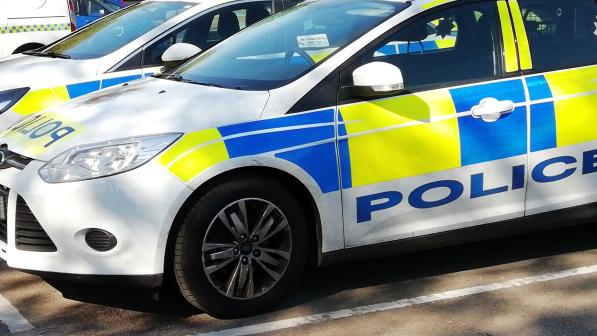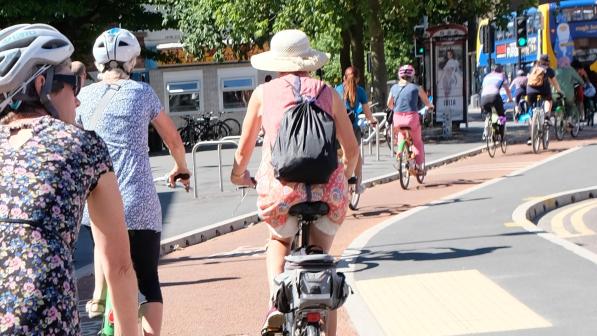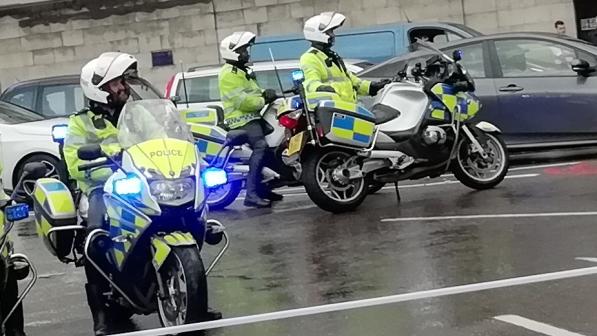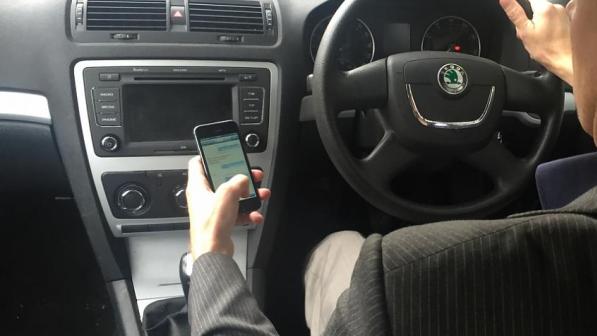What can be done to make the justice system more transparent for road crash victims?

Background
At present, road collision data are collected by the police through the STATS 19 process. This records the types of road user involved, the severity of their injuries, the type of road or junction, the time of day and day of the week, the weather conditions etc.
The data are published in the Department for Transport’s (DfT) annual Reported Road Casualties Great Britain statistical reports (together with quarterly updates).
They are put to many uses. They may, for example, help highway authorities identify how to prevent future collisions, or give all stakeholders in road safety an idea of GB's performance.
Separately, the Ministry of Justice (MoJ) publishes data on the numbers of prosecutions and convictions for different offences, including road traffic offences, in England and Wales. It also includes fairly detailed information on sentencing.
There is, however, no linkage between the DfT and MoJ's two sets of data.
Why is the lack of linkage between road casualty and justice data a problem?
With DfT and MoJ’s statistics kept separate, it is impossible to tell whether the legal system responds differently to different types of road users, either as the accused party or as victims.
In other words, the data can’t tell us whether collisions that result in a cyclist being injured are more or less likely to lead to a prosecution or a conviction than those in which a driver, pedestrian etc. is hurt.
It is equally impossible to work out whether the legal system responds differently depending on who was responsible.
For instance, when pedestrians are injured, are there differences in the chances of a prosecution or conviction depending on whether they were in collision with a car, a taxi, a lorry, a motorcycle or a pedal cycle – and does this affect the resulting penalties?
The solution
It should be possible to link the DfT and MoJ’s data without breaching any principles of anonymity. This could be done by attaching an identifier code to each incident recorded in the STATS 19 database, and using it to track any associated prosecutions, convictions and sentencing in the MoJ data.
How the justice system responds to road traffic incidents would thus become much more transparent.
Cycling UK believes that linking up the two ministries’ statistics should be part of a process of increased co-operation, and that the DfT could facilitate it by reinstating their ‘Justice for VRU [Vulnerable Road Users] Working Group’.
Historically, this group involved the DfT, MoJ, Home Office, Crown Prosecution Service, and VRU groups including Cycling UK and RoadPeace.
Transparency in individual cases
Lack of transparency is also a problem at individual level.
All too often, road crash victims or their bereaved families are not notified of key decisions about the conduct of their cases, e.g. when someone has elected to prosecute merely for a ‘careless’ rather a ‘dangerous’ offence, or to send the driver on a training course rather than prosecuting them.
Even when victims are notified of such decisions, it is often unclear who made them (e.g. the police or the Crown Prosecution Service in England and Wales) and why.
This makes it hard for road crash victims to challenge decisions affecting their cases which they believe to be wrong. It also makes it impossible to tell, at an aggregate level, why prosecution and conviction rates for different offences change over time.
More confidence in the legal system
Better data would make the justice process more transparent and accountable both to road crash victims and the groups who represent them.
Their confidence in it would improve, and it would be easier for them to challenge decisions whenever they suspect that the system is not operating as it should.





